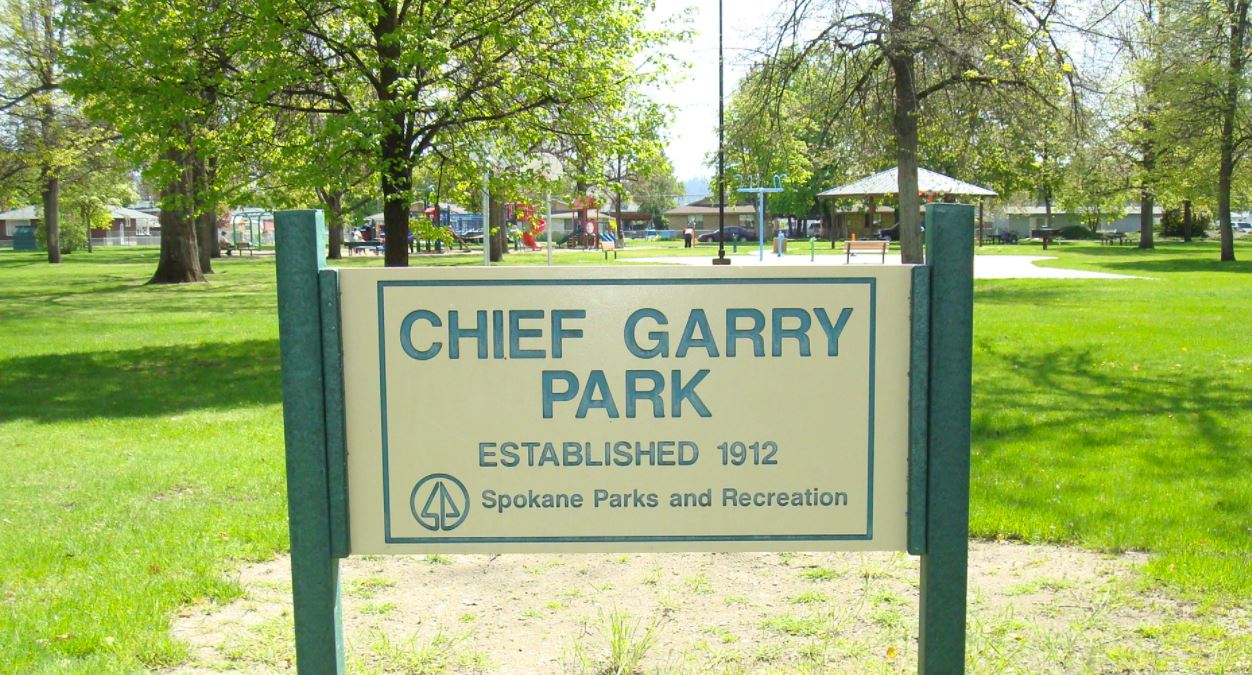Overview
Envision an organic community where local parks, playing fields, and greenways are managed without unnecessary toxic pesticides, children and pets are safe to run around on the grass, and bees and other pollinators are safeguarded from toxic chemicals. At Beyond Pesticides, this is the future we envision and are working to achieve.

Our Parks for a Sustainable Future program is an in-depth training assists community land managers in transitioning two public green spaces to organic landscape management, while aiming to provide the knowledge and skills necessary to eventually transition all public areas in a locality to these safer practices.
About the Program: Nuts and Bolts
The Initial Elements
- Establish volunteer leadership (individuals or groups) to play a pivotal role in communicating with local officials and community leaders about this Parks for a Sustainable Future program.
- Identify local leadership on the city council or in other leadership positions to support the transition of parks and public spaces to organic land management with policy and practice.
- Gain agreement from city officials to establish two demonstration park sites or playing fields to transition to organic with technical and financial support from Beyond Pesticides.
Training Program
The organic land care training program follows a very straightforward process:
- The first step is to apply for the program. We ask that the application be submitted by an individual within a local government that has oversight over land care management, or with their full knowledge and consent.
- Once your community applies, Beyond Pesticides will review your application. If chosen, we will reach out to discuss the program with local officials in charge of land care maintenance.
- Beyond Pesticides will work with the community to determine two pilot sites in the community to transition to organic land care. We encourage the community to select high use/heavy traffic sites to showcase the program for residents.
- A questionnaire on past management practices is distributed to officials to help understand current and past management practices on the pilot sites.
- We work with officials to get soil samples taken from the pilot sites in order to analyze soil structure, chemistry, and most importantly, soil biology.
- Once we have the soil test results and a completed questionnaire for the pilot sites, we set an official date for the organic land care training.
- As of October 2021, training is being conducted virtually. If conditions shift, Beyond Pesticides will conduct a training that consists of both classroom lecture and in-field discussion. We will walk the pilot sites with land care officials and answer land management questions.
- After the training, we produce and deliver a detailed Organic Transition Management Plan to assist with the organic transition over the pilot sites’ next several seasons. This management plan outlines cultural practices, timing, and provides product recommendations.
- Beyond Pesticides remains available to consult with officials regarding implementation of the management plan throughout the pilot site transition, as well as implementation of the program on lands beyond the pilot site.
- Based on community interest, we will conduct a community meeting with the town and community organizations to explain the program and the value that it offers for protection of health and the environment.
Financial Arrangements
Beyond Pesticides will pay up to 100% of the training program to our partner, Osborne Organics, or an equivalent service provider. The community may contribute to this cost; it is not required, but is appreciated. We provide this service to qualified communities because of our organization's mission to protect public health and the environment, starting at the local level. Given increasing public understanding of the dangers associated with lawn care pesticides, our organization strongly encourages localities to take advantage of the growing availability of alternative practices and products that do not subject people or local environment to these hazards. We would like to help your community become a leader in the state and region on this issue of growing importance, and look forward to working with you should you choose to move forward with this opportunity.
Science Behind the Practices
For detailed information about the science and philosophy behind this approach to organic land care, see the Osborne Organics website.








.png)